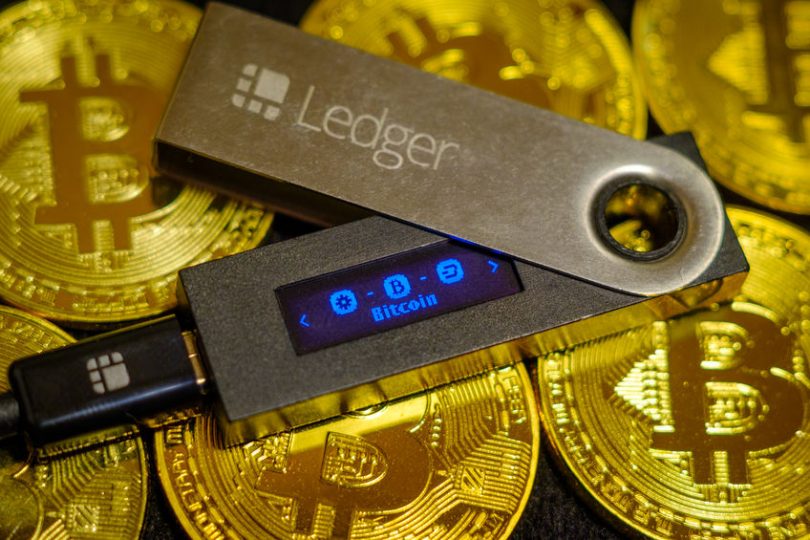
Understanding Crypto Wallets: A Comprehensive Guide
In the world of cryptocurrencies, a crypto wallet plays a crucial role in managing and securing digital assets. Just as a physical wallet stores your cash, a crypto Ledger wallet is designed to store, send, and receive digital currencies like Bitcoin, Ethereum, and others. However, instead of storing the actual cryptocurrency, a crypto wallet stores cryptographic keys that prove ownership of the digital assets on the blockchain. In this article, we will explore the various types of crypto wallets, their functions, and important considerations when choosing one.
What is a Crypto Wallet?
A crypto wallet is a digital tool that allows users to interact with blockchain networks by managing their private and public keys. These keys are essential to access and manage cryptocurrency transactions. A wallet itself doesn’t hold actual coins or tokens but rather the cryptographic keys that grant access to the funds on the blockchain.
A typical crypto wallet consists of two main components:
- Private Key: This is a secret cryptographic key that is used to sign transactions, allowing you to prove ownership of your crypto assets and initiate transfers.
- Public Key: This is the address that others use to send cryptocurrency to your wallet.
Both keys are vital for ensuring the security and integrity of your digital transactions. If someone gains access to your private key, they can control your assets, which is why safeguarding this key is paramount.
Types of Crypto Wallets
Crypto wallets come in several forms, each offering different levels of security, convenience, and functionality. Broadly, these wallets can be categorized into two types: hot wallets and cold wallets.
1. Hot Wallets
Hot wallets are connected to the internet and offer quick and easy access to your digital assets. They are ideal for frequent transactions, but they come with the risk of being more vulnerable to hacks.
- Web Wallets: These are browser-based wallets that allow you to access your crypto from any device with an internet connection. They are convenient but can be less secure.
- Mobile Wallets: These wallets are apps on your smartphone that let you manage your cryptocurrencies on the go. Examples include Trust Wallet and MetaMask.
- Desktop Wallets: These are software wallets installed on your computer. They offer greater security than web wallets but are still susceptible to malware and other threats.
2. Cold Wallets
Cold wallets, on the other hand, are not connected to the internet, making them significantly more secure than hot wallets. These are ideal for long-term storage of cryptocurrency assets.
- Hardware Wallets: These are physical devices (such as Ledger and Trezor) that store your private keys offline. They are highly secure and are often considered the best option for safeguarding large amounts of cryptocurrency.
- Paper Wallets: A paper wallet is a physical document that contains your private and public keys. Since they are offline, they are immune to online threats but can be easily lost or damaged if not stored properly.
How to Choose a Crypto Wallet
Choosing the right crypto wallet depends on various factors such as security, convenience, and the type of cryptocurrency you wish to store. Here are some considerations when choosing a wallet:
- Security: Cold wallets (hardware and paper) offer more robust security compared to hot wallets. If you’re storing significant amounts of cryptocurrency, a hardware wallet may be the best option.
- Convenience: Hot wallets provide easy access to your crypto and are great for daily transactions. If you trade or use your digital assets frequently, a mobile or web wallet may be more suitable.
- Supported Cryptocurrencies: Some wallets support only specific cryptocurrencies, while others may offer support for a wide range of tokens. Ensure the wallet you choose supports the coins you want to hold.
- Backup Options: A good wallet should provide backup options like seed phrases (recovery keys) to ensure you can recover your assets if your device is lost or damaged.
- User Interface: The wallet should be user-friendly, especially if you are new to cryptocurrency. Wallets with intuitive interfaces make it easier to send, receive, and store cryptocurrencies.